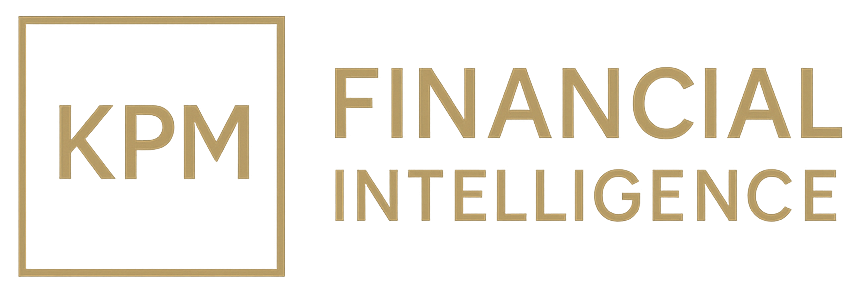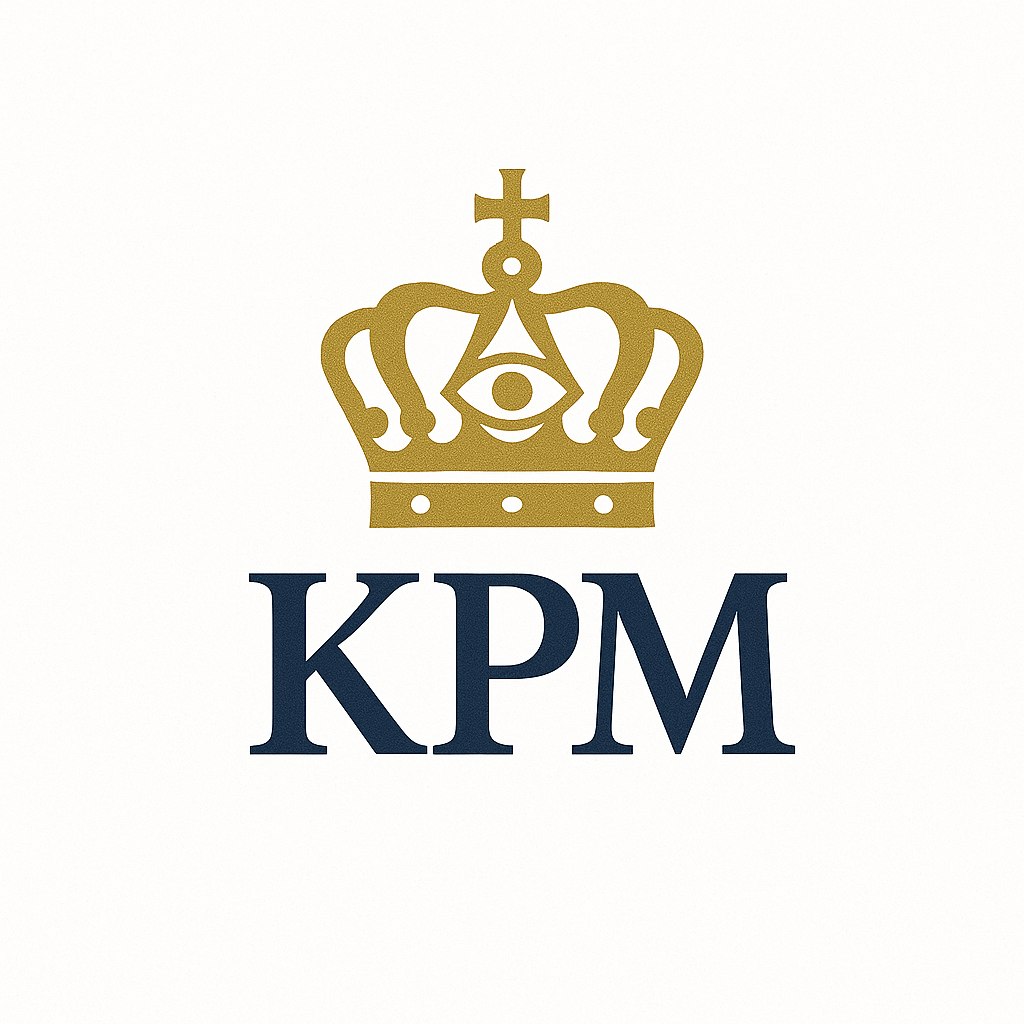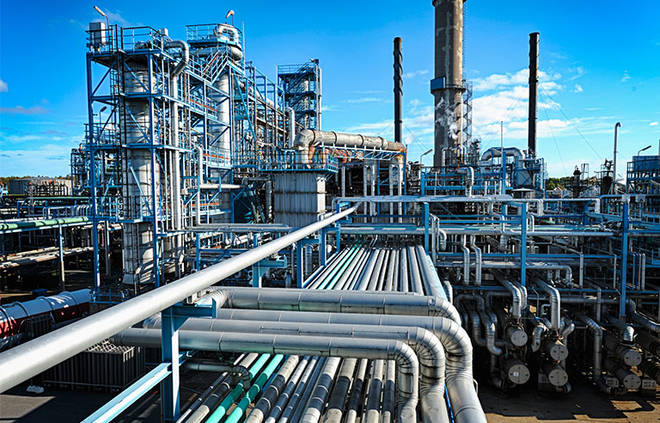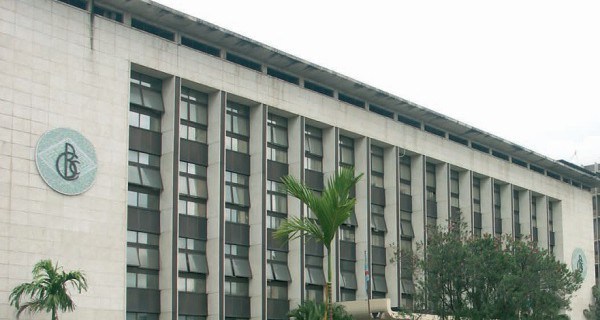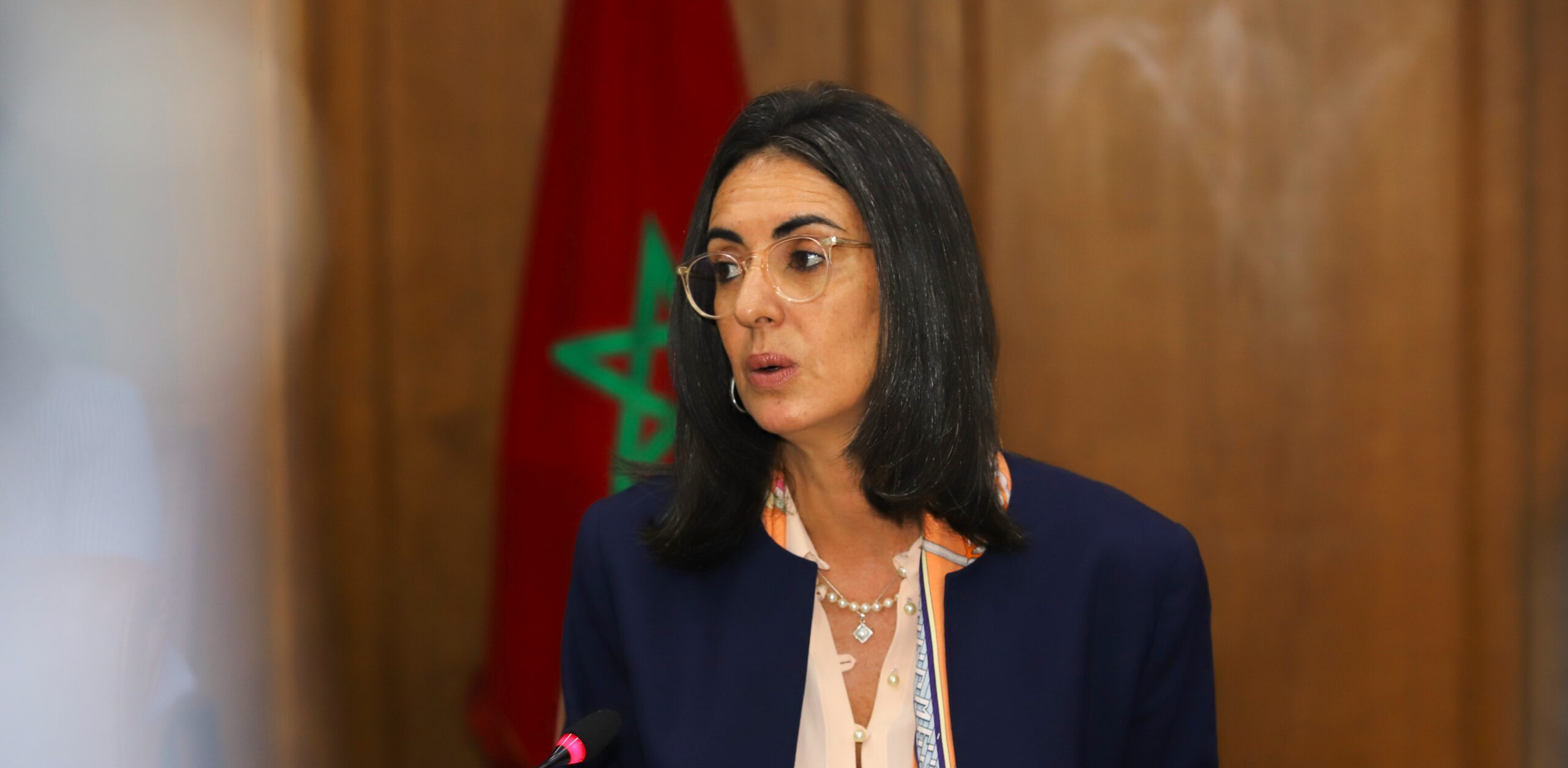Morocco’s Market Cools as Institutional Rotation Deepens
The Casablanca Stock Exchange cooled modestly as the MASI slipped 1.44% to 18,549. Large-caps like VICENNE (11.9% of turnover) and Attijariwafa Bank (MAD 157 billion cap) dominated a MAD 1.85 billion trade week—signaling rotation not retreat amid a 25.56% YTD gain.
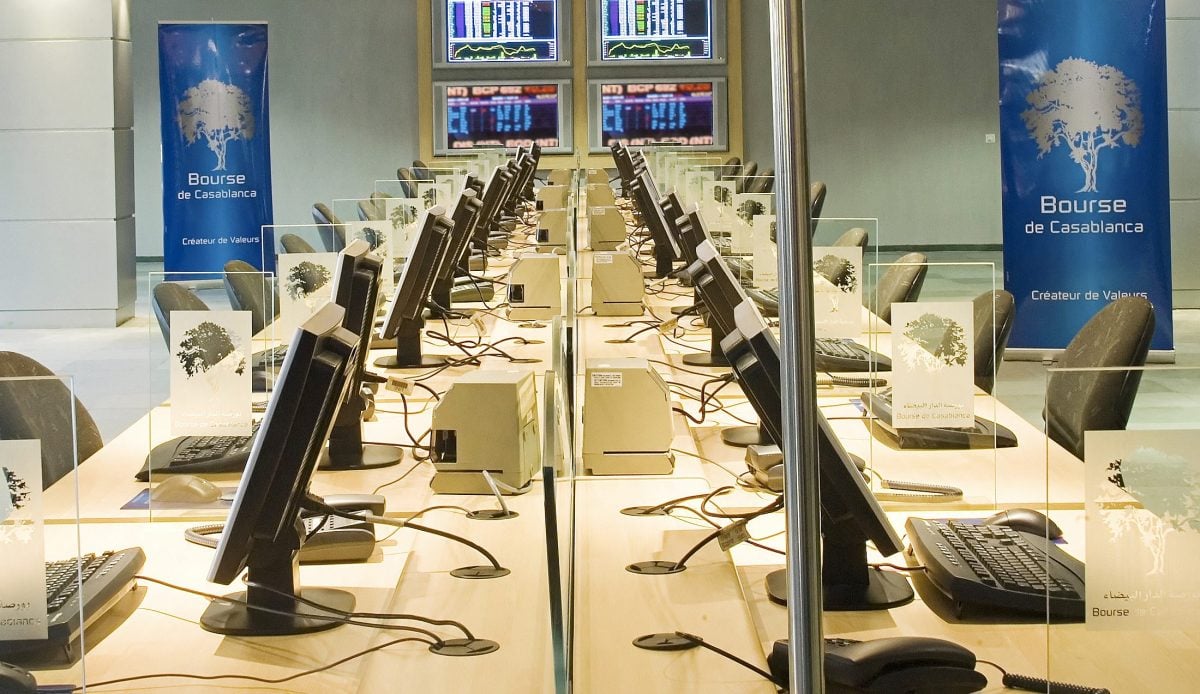
The Casablanca Stock Exchange (CSE) ended the week ended October 10, 2025, with modest declines across major indices, reflecting a measured correction after several weeks of sustained growth. The Moroccan All Shares Index (MASI.MA) fell 1.44% to 18,549.37, the MASI 20 (MASI20.MA) slipped 1.89% to 1,502.07, and the MASI ESG Index declined 1.60% to 1,261.30. Despite the pullback, the exchange maintained an impressive +25.56% year-to-date performance, underscoring the market’s structural resilience.
Total market capitalization stood at MAD 982.18 billion (≈ USD 94 billion), sustained by steady institutional inflows even as speculative short-term positions eased. Weekly turnover reached MAD 1.85 billion, with 5.05 million shares traded across 23,578 executions. The average trade size remained high, confirming a market dominated by professional and institutional order flow rather than retail churn.
Liquidity remained highly concentrated. VICENNE (VICN.MA) accounted for 11.9% of total traded value, followed by Attijariwafa Bank (ATW.MA) with 9.5%, AKDITAL (AKDT.MA) at 9.3%, TGCC (TGCC.MA) at 6.5%, and Marsa Maroc (MSA.MA) at 4.5%. Combined, these five counters represented nearly 42% of total market liquidity, reflecting Casablanca’s continued concentration in financial and infrastructure-linked equities.
By capitalization, Attijariwafa Bank (ATW.MA) remained the CSE’s anchor with MAD 157.05 billion (≈ USD 15.2 billion) or 15.99% of total market value, ahead of Itissalat Al-Maghrib (IAM.MA) at MAD 100.66 billion (10.25%) and Managem (MNG.MA) at MAD 71.18 billion (7.25%). The ten largest companies together represented more than 60% of market capitalization, underscoring Casablanca’s narrow leadership structure.
Sectoral performance highlighted rotation, not retreat. Industrial & Building Engineering (I&BEI) surged +17.57% on new contract flows, while Chemicals (CHIM) gained +3.22% amid robust export demand. In contrast, Beverages (BOISS) fell −4.07%, Health (SANTE) −4.50%, and Insurance (ASSUR) −1.40% as profit-taking emerged. The Banking Index (BANK) eased −1.8%, with mixed sentiment across Attijariwafa (ATW.MA), Bank of Africa (BOA.MA), and Banque Centrale Populaire (BCP.MA) following a strong September rally.
Among individual movers, STROC Industrie (STR.MA) surged +20.55% on improved construction margins, Auto Nejma (NEJ.MA) rose +12.02%, and Ennakl Automobiles (ENK.TN) advanced +11.69% amid recovering consumer demand. Decliners included AKDITAL (AKDT.MA) −6.41%, Société des Boissons du Maroc (SBM.MA) −6.99%, and Microdata (MIC.MA) −7.13%, reflecting sector-specific adjustments rather than systemic weakness.
From a liquidity standpoint, sustained trade volume above 23,000 executions and a high value-per-trade ratio suggest selective consolidation rather than market withdrawal. Institutional investors—both domestic and foreign—continued reallocating positions rather than exiting exposure.
Technically, the MASI (MASI.MA)’s 1.44% decline stayed within normal volatility limits, preserving the medium-term upward channel established since early 2025. The MASI 20 (MASI20.MA)’s steeper loss reflected adjustments among large-cap constituents, while the MASI ESG Index decline was linked to weighting changes ahead of index revisions (#150–153/25). The CIH Bank (CIH.MA) capital increase filing (#134/25) introduced marginal composition effects but left liquidity fundamentals intact.
Overall, Week 41 represented a controlled correction within an otherwise high-performing year. Stable turnover, concentrated but consistent institutional trading, and disciplined valuations reinforce Casablanca’s status as one of Africa’s most liquid and technically stable markets. Investor focus now shifts toward Q3 corporate earnings and upcoming Bank Al-Maghrib guidance, both likely to influence sectoral positioning in the weeks ahead.
